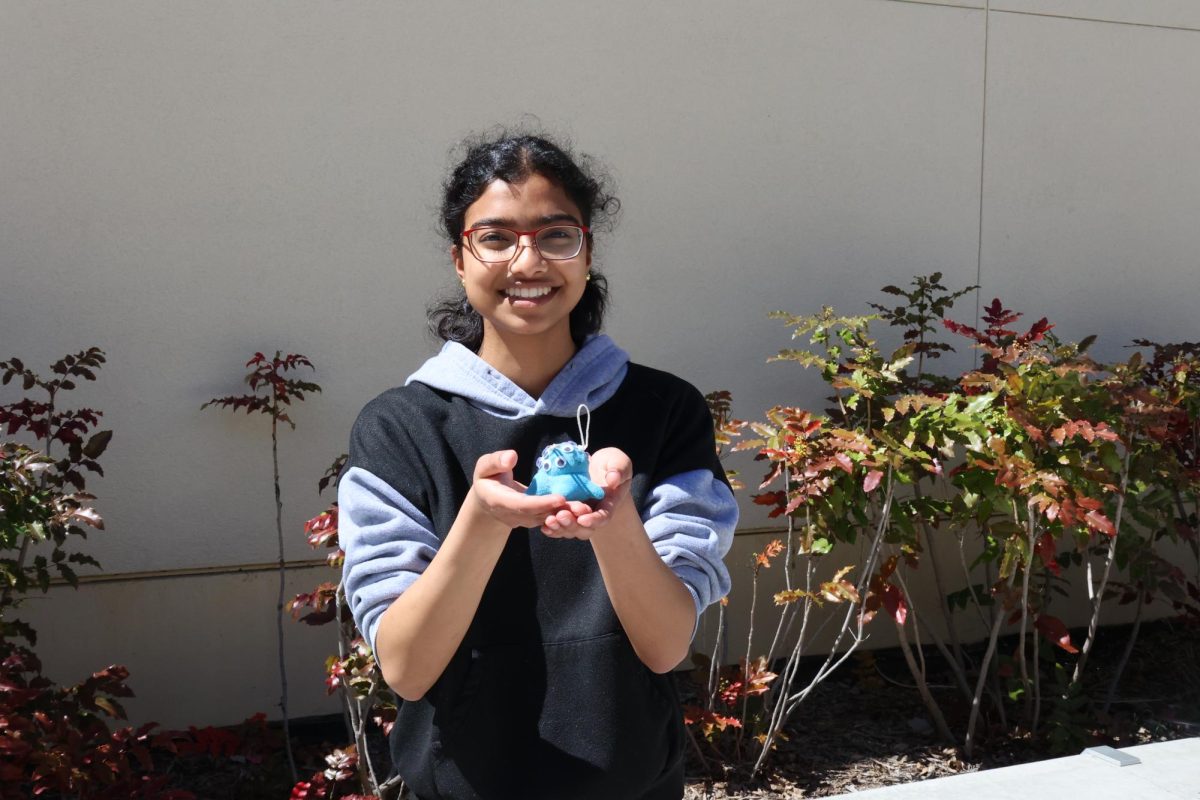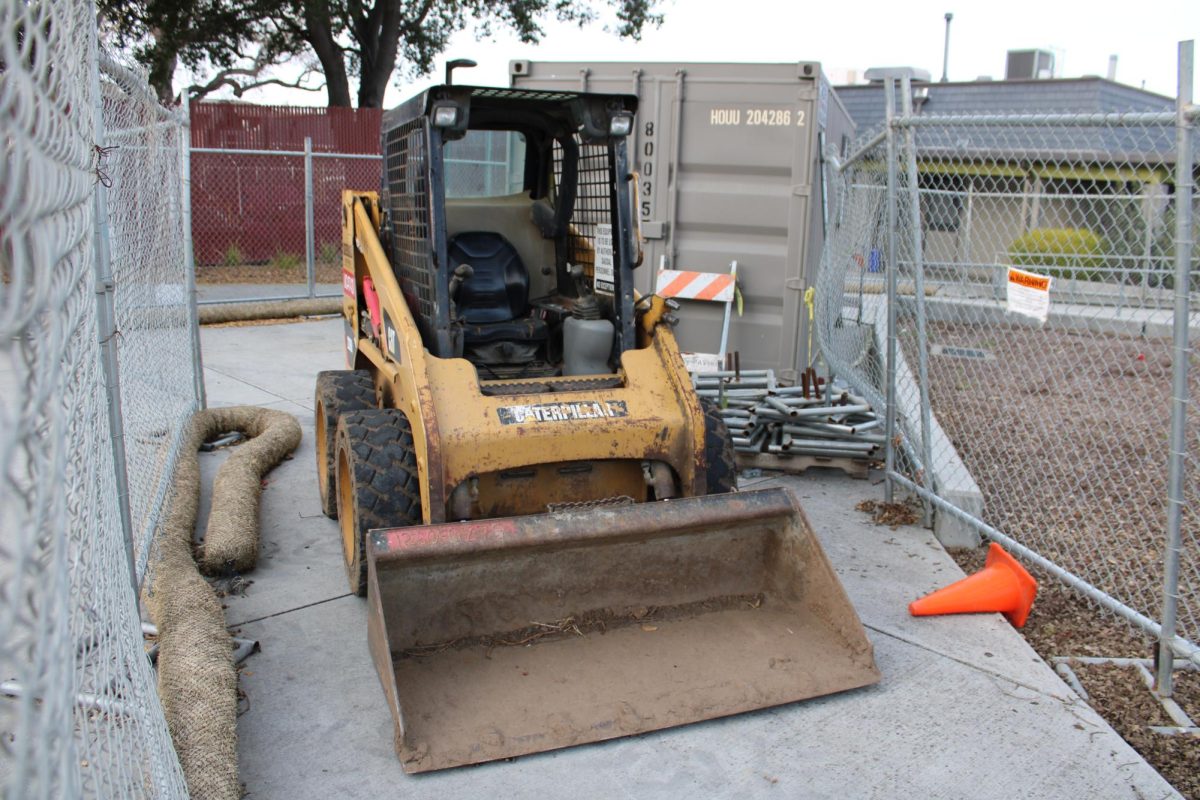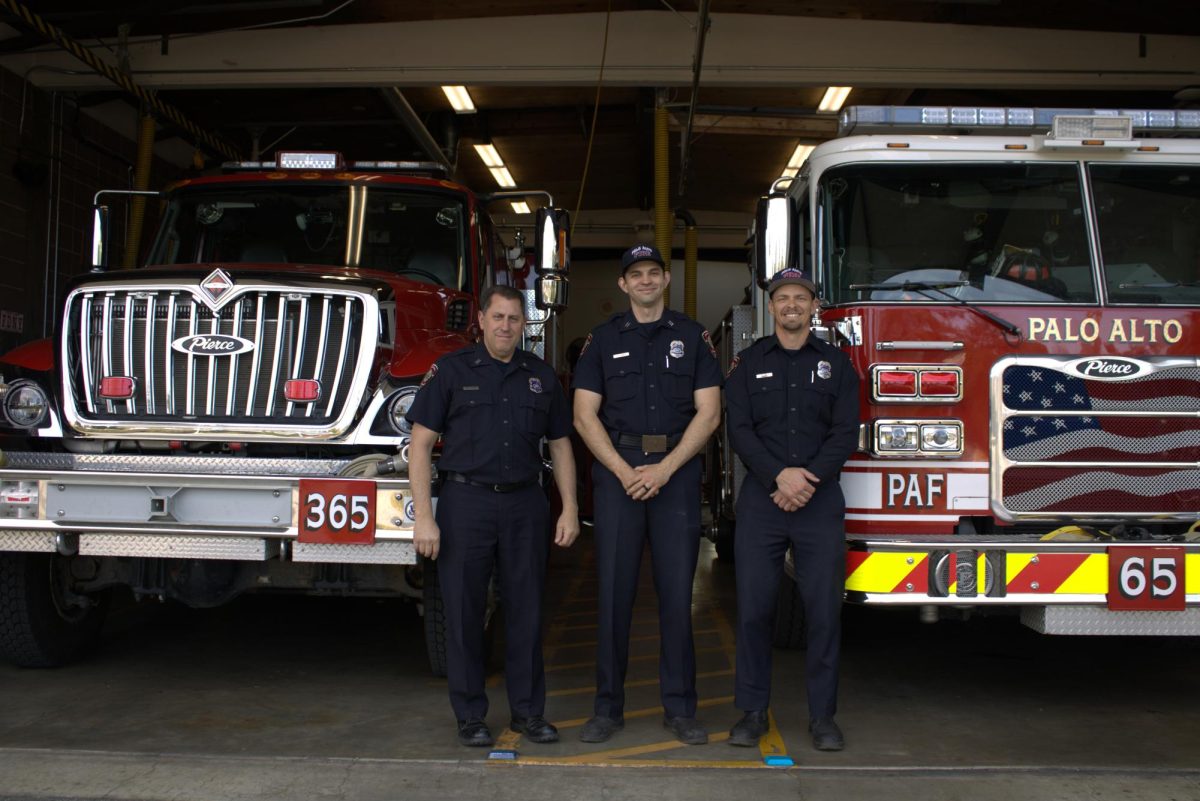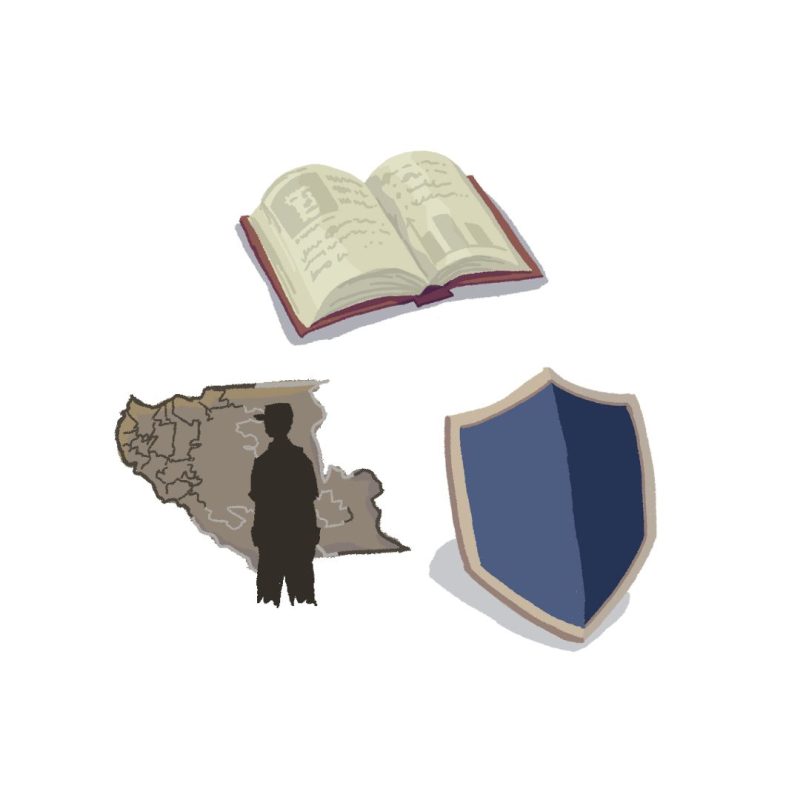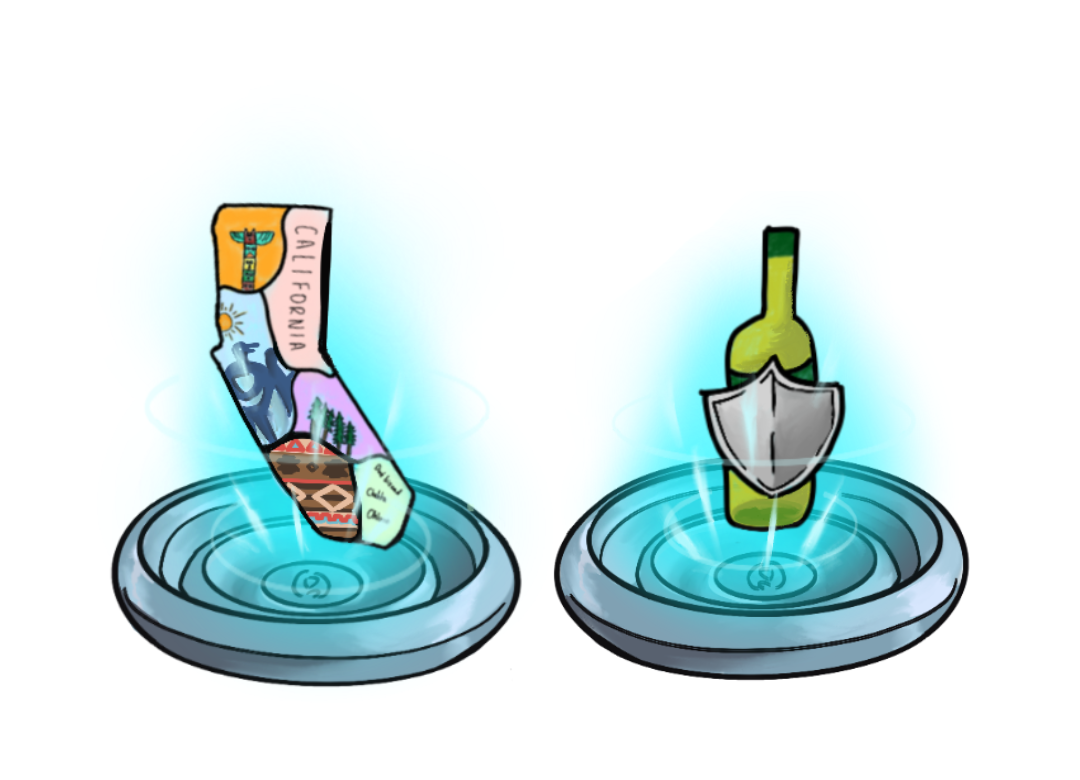Elections will be held Nov. 4th for the two available school board positions.
Jay Cabrera
School board candidate Jay Cabrera has several major priorities he wants to bring to Palo Alto Unified School District (PAUSD). One is to teach students real life-skills. Cabrera believes education should prepare students for the real world by teaching practical knowledge such as what to expect in job interviews, in addition to giving students skills to succeed in the academic world. “Student feedback has told me that teaching practical life skills is something students want but that the classroom isn’t the best place to learn them,” Cabrera said. “We have to ask how we can empower students through extracurriculars, or by having alumni come in to work with students to effectively help them learn these skills.”
Cabrera wants to tackle the issue of the unrealistic amount of stress placed upon students, as a result of high standards of achievement. “What we are seeing is students are having difficulty meeting these huge levels of achievement that they are pressured to hit,” Cabrera said. “This problem relates to a number of important issues including the cheating scandals that are going on.” Cabrera believes that implementing a network of student submissions is a possible solution to this problem. Teachers would be able to see each student’s collective homework load and make schedule adjustments to lighten student workloads.
Other important aspects of Cabrera’s candidacy include goals to bring computer programming into the school curriculum and to transform the school board itself into a more interactive body. “One of the main things about my candidacy is interactivity,” Cabrera said. “It’s about how we can broaden the school board system, utilizing 21st century technology to give real-time, direct interactivity to the general public so that people can vote on important issues in front of the board.”
Gina Dalma
After studying economics in Mexico, PAUSD school board candidate Gina Dalma transitioned into education and is how a board advisor of the Silicon Valley Education Foundation. Currently, Dalma is a grantmaker and senior program officer at the Silicon Valley Community Foundation (SVCF). According to Dalma, she works with 54 different school districts to fund and support the creation of “spaces where all kids can learn.”
Dalma chose to run for a seat on the PAUSD board because she prioritizes involvement in the district where her own children are taught. In the past, Dalma has been locally involved as part of Ohlone Elementary School’s Site Council, the Western Association of Schools and Colleges (WASC) process at Palo Alto High School and several district coalitions for Spanish-speaking parents.
One of Dalma’s biggest goals is to more directly implement Common Core in PAUSD curricula. “Our students are the pacemakers of tomorrow, so they need to be problem-solvers,” she said. “I would argue that six hours of homework is not the best approach to learning. Meaningful teaching is the single most important goal.”
Dalma believes that her training as an economist can benefit the district in unique ways. “For the past ten years, I’ve been involved in increasing educational levels for students in this region,” she said. “What I’m bringing to the table is a professional lens and an objective opinion.” Dalma has confidence in accomplishing her goals. “There’s a lot to do from the board level,” she said. “But I think we have all the things we need in Palo Alto to be cutting-edge.”
Ken Dauber
Ken Dauber is looking to bring his student-first attitude to the Palo Alto school board. Dauber plans to reduce stress, reduce crowded schools and increase foreign language options in elementary and middle schools. He hopes to use his experiences consulting for the United States Department of Education, and the Bill and Melinda Gates Foundation to help.
As a parent of two former Gunn students, Dauber has seen the negative effects of large homework loads on students. “I can see the value in making some simple changes in things like homework, testing and projects, because I have seen my own kids struggle with those issues,” Dauber said. To reduce unnecessary stress, Dauber plans to use a Project Safety Net Plan previously passed by the school board to measure how much homework students are doing and prevent the buildup of tests and projects.
To reduce overcrowded schools, Dauber is looking to create a 13th elementary school, an improvement he hopes will change the dynamic of elementary school education. He is looking to increase foreign language offerings in elementary schools and middle schools. “When we start kids learning foreign languages earlier, their language ability is improved,” Dauber said. “It also generally improves literacy.”
Along with his main points, Dauber hopes to help the district avoid complacency, and continue to improve. “We have a great school district and sometimes it is hard to see how we can get better,” Dauber said. “Focusing on continuous improvement in the district is something we can really benefit from.”
Catherine Crystal Foster
Catherine Crystal Foster has more than 20 years of experience working with children and has served on PTA, PiE and the Palo Alto Community Fund. “Now is a very exciting time to be on the school board because [of] the new superintendent, new principals [and] Common Core academic standards, so there are opportunities now to do some really fantastic things in the school district,” Foster said.
Foster believes one of the most important skills she will bring to the board is her ability to incorporate different student experiences. Her extensive background in volunteering and working for non-profits has given her leadership skills and the ability to manage money effectively. She has worked to help low-income first-generation college students finish college. “I’ve struggled with those kids. I’ve worked with those kids. I’ve talked to their parents. I’ve watched them through their ups and their downs and gotten them through,” Foster said. She plans to have a strong student voice present in the board. “I think it is really important that the school board focuses on what is important for the students because if we are not student-focused, we are not doing our job,” Foster said.
Foster’s vision for Palo Alto include making students 21st century learners who are more aware of their surroundings. “Being a 21st century learner means that you’re somebody who can learn your whole life,” Foster said.
Foster has high hopes for Palo Alto’s future. “We’ve got some work to do in Palo Alto,” Foster said. “I think there’s a lot of great teaching that goes on and there are incredible students. Palo Alto is very good and instead of being very good, it can be great.”
Terry Godfrey
Former President of Palo Alto’s PTA Council (2009 to 2011) and most recently President of Palo Alto Partners in Education (2011 to 2014), Terry Godfrey believes improving teacher quality and district governance and management should be prioritized.
Godfrey believes that her 25 years of experience in finance and organizational management has honed her skills as a leader. “Twenty-five years has given me the ability to understand and work with large, complex organizations like our school district,” she said. “I know our district well and I have a lot of experience in managing organizations, setting goals, gathering input and making decisions.”
Godfrey hopes to address the inconsistency among teachers of the same course as well as a lack of promptness in returning assignments through a holistic approach. “Giving teachers the time and resources to plan for their classes and collaborate with other teachers would go a long way towards getting them aligned and solving some of these issues,” she said.
In addition to teacher quality, fostering a healthier learning environment is one of her main concerns. “One middle schooler I know explained how his P.E. class is so big that they can’t do anything more than workouts because there are too many of them to organize into games” Godfrey said. This, along with elementary schools that have too many students, both need solutions.”




